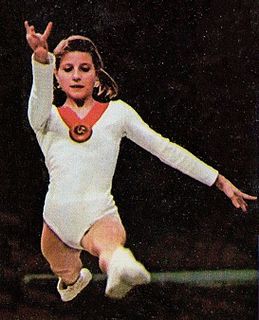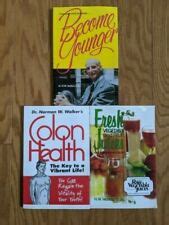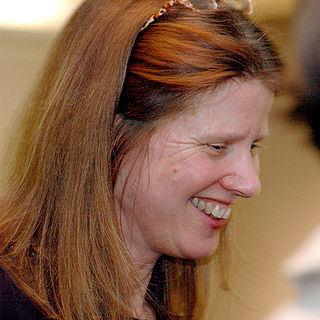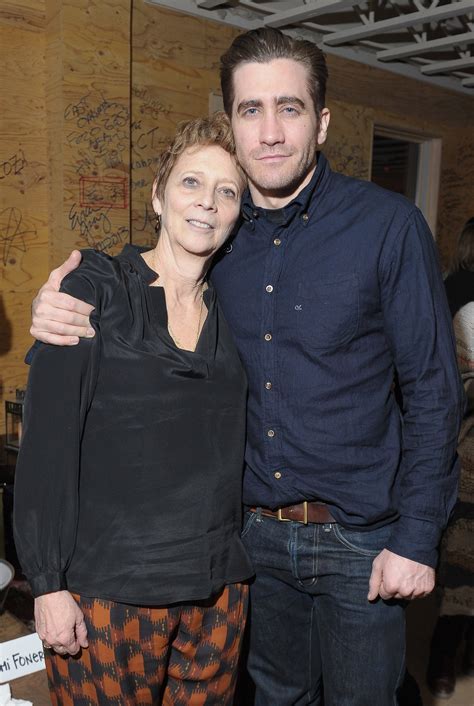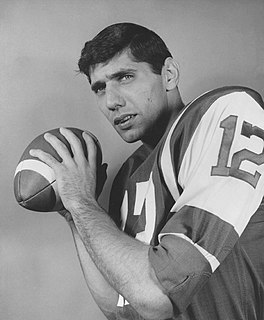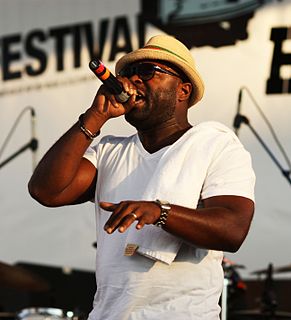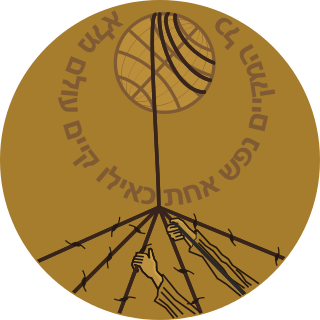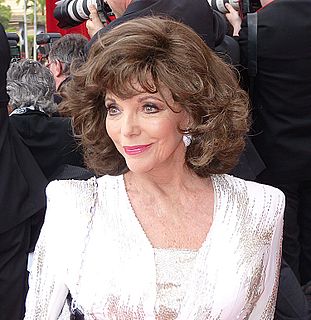A Quote by Alice Munro
I used to feel for years and years and years that I was very remiss not to have written a novel and I would question people who wrote novels and try to find out how they did it and how they had got past page 30. Then, with the approach of old age, I began to just think: “Well, lucky I can do anything at all.
Related Quotes
I can truthfully say that I am never conscious of my age. Since I reached maturity, I have never been aware of being any older, and I can say, without equivocation or mental reservation, that I feel more alive, alert, and full of enthusiasm today than I did when I was 30 years old. I still feel my best years are ahead of me. I never think of birthdays, nor do I celebrate them. Today I can truthfully say that I am enjoying vibrant health, I don't mind telling people how old I am: I AM AGELESS!
I've had two great years, probably five good years. So I had 20 years of just kind of uncertainty and suffering and ego destruction and poverty. All these things. There's no way I'm ever going to catch up to the misery years. It's impossible... If I don't do anything dumb or I don't get a disease or something, and then I've got to five to eight years I think where it'll really be great and then it will start to degenerate like uranium, you know?
It's very hard to be a screenwriter. I remember getting a couple of awards. I got a PEN West award a million years ago when I did Running on Empty, and I sat in the room with all these writers. They wrote everything from novels to non-fiction to children's books to journalism - any kind of writing - and I realized that there was no one in the room who would ever read anything I'd written.
When I was fifteen I wrote seven hundred pages of an incredibly bad novel - it's a very funny book I still like a lot. Then, when I was nineteen I wrote a couple hundred pages of another novel, which wasn't very good either. I was still determined to be a writer. And since I was a writer, and here I was twenty-nine years old and I wasn't a very good poet and I wasn't a very good novelist, I thought I would try writing a play, which seems to have worked out a little better.
You know when I was 20 and 30, they were insecurities. Now they're just a new normal. I'm 60 years old, so my expectations of who I am and how I look and how I show up in the world had to shift. Not because I couldn't help it, or not because I did anything wrong, but because I had to get into the natural flow of my being as a woman.
When I was about 7 years old, I had been labeled dyslexic. I'd try to concentrate on what I was reading, then I'd get to the end of the page and have very little memory of anything I'd read. I would go blank, feel anxious, nervous, bored, frustrated, dumb. I would get angry. My legs would actually hurt when I was studying. My head ached. All through school and well into my career, I felt like I had a secret. When I'd go to a new school, I wouldn't want the other kids to know about my learning disability, but then I'd be sent off to remedial reading.
What is there to understand? The significance of life? How long will it take to understand the significance and the meaning of life? 20 years? 30 years? And the same question will be here in another 20 years, I guarantee you. Until you stop asking that question. When that question is not there, you are there. So that's the reason why you keep asking the question: you do not want the question to come to an end. When that comes to an end, there will not be anybody, left there, to find out the meaning, the purpose and the significance of life.
As the population is, in general, aging, there is more interest in what a 50-year-old, a 60-year-old, a 70-year-old, an 80-year-old is like. And one of the things that just naturally started to happen as I got older - and I could feel younger people looking up to me in a certain way and wanting to know things that I knew - I got interested in the women, in particular, who were 20 years older than me. Because I understand in a way that I didn't 20, 30 years ago, how much they know.
Darling, if I think of all I miss now, I will go crazy. I should not think of that. I only want to think of all that I still have, and then I am rich. Your spirit is always around me, in your diary, our letters, all the things you got for our household. How proud we were of that! And the nearly six years! O God, I thank you for those years. If I never had met you, I would now not have all the sorrow; but I would have missed these riches -- and do these years not abundantly balance the lonely years I face without you?


